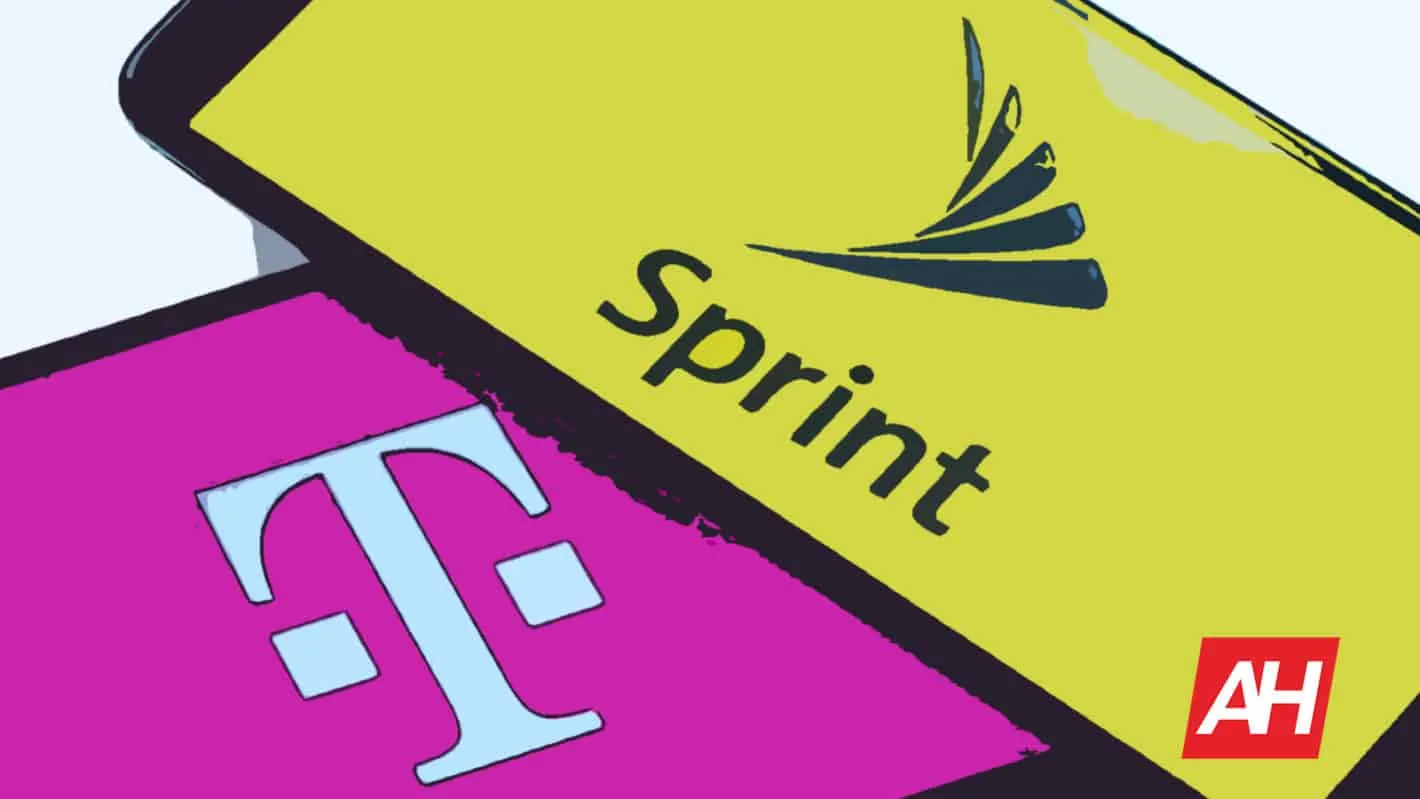The T-Mobile/Sprint merger could reach a decision with the DoJ in a matter of days, but MoffettNathanson analysts say that a “no deal” decision would be better than a conditional merger approval at this point.
The Department of Justice (DoJ) is the tough cookie in the negotiations, with the Federal Communications Commission (FCC) having agreed to the merger. The Justice Department wants to ensure fairness and competition within the wireless industry and wants to check large superpower corporations where two large companies merge to create a superentity.
In this case, T-Mobile and Sprint are simply too big to merge and their merger approval would only disrupt the industry for the worse, merger critics have said. Ten States Attorneys General have filed lawsuit paperwork to stop the merger altogether, viewing the combination of “Magenta” and “Yellow” as a bad deal all around for customers.
T-Mobile parent Deutsche Telekom must make a decision by next week as to whether it agrees with the terms of the proposed $26.5 billion merger before “The New T-Mobile” becomes reality, but T-Mobile will be required to get rid of Boost Mobile, Virgin Mobile, the Sprint Prepaid brand, and lease spectrum to Dish.
It would be one thing if Dish were simply acquiring Boost and Virgin Mobile, but that’s not all: Dish would get to lease T-Mobile spectrum for 6-7 years, with T-Mobile providing three years of customer support for prepaid customers who transition to Dish.
And then, the new condition placed on the table is spectrum hosting: that is, Dish would own T-Mobile spectrum and be able to use it to acquire T-Mobile customers. This is what the offloaded spectrum requirement is all about with the DoJ. The DoJ is expected to “play hard ball” with T-Mobile and Sprint, for it wants to deter any merging of the top wireless carriers because mergers decrease competition. And, as it’s been said many a time, competition is good for business and for the industry as a whole.
Well, Dish Network alone isn’t enough, but Google has fanned the flame, so to speak. The search engine giant and owner of MVNO Google Fi has been in talks with Dish to join with the satellite company to operate its independent wireless carrier where Google would no longer lease spectrum from T-Mobile and Sprint.
As Dish’s partner, Google would own its own network and save leasing fees, giving Google a two-fold reason to play nice with Dish and billionaire Charlie Ergen. Apparently, T-Mobile received word of Google’s interest in Dish and, with Google’s capital and reasons to acquire the cable company, decided it didn’t want to see Dish swallowed up by a tech giant like Google or Amazon.
A tech giant acquiring a wireless carrier would disrupt what Magenta is trying to do. It is trying to merge with Sprint to become a better carrier, a more powerful player in the wireless industry against giants AT&T and Verizon. The goal of the acquisition is to “square proverbial shoulders” with the two wireless giants in the US. The last thing T-Mobile wants to do is sabotage its own goals with the potential rise of a giant who could harness more financial resources and technical know-how than itself.
The goal of T-Mobile’s merger with Sprint is to get ahead, not to find itself surpassed by a greater merger or entity. With Dish acquiring new spectrum, two Sprint MVNOs, and hosting T-Mobile spectrum, Dish would be too popular an entity to stay single for long. And, as a result, the T-Mobile/Sprint merger may prove to be more headache than help.
T-Mobile and Sprint can always merge, regardless of what Dish would be. Dish may never become much of a competitor in the industry at all. Boost Mobile and Virgin Mobile have never been powerhouse MVNOs, and even with Dish leasing and hosting T-Mobile spectrum, it’s not at all certain that the Dish brand is one that customers want to rally around. The idea that Dish “could” become a lethal fourth carrier in the wireless industry is a possibility that must be treated as such; nothing has happened yet along these lines.
And yet, Deutsche Telekom has to decide how badly it wants Sprint. If it wants its 5G network rollout to occur on a much faster scale, it’ll need Sprint’s 2.5GHz spectrum to get there. If it wants to be at the forefront of the 5G revolution in America, it’ll need Sprint to get there. If T-Mobile will ever really compete with AT&T and Verizon, it’ll need all of Sprint it can get to do so.
But, it’s always been said in business that “the little guy’s got nothing to lose.” That appears to be Dish, which makes T-Mobile nervous. Does Deutsche Telekom want the merger or not? Perhaps DT should assess what it wants, rather than let “what Dish could become” deter its current merger desire. It’s not like Dish’s satellite business has been all that successful, anyway.

